Home > Not another boring article on Health & Safety
Not another boring
article on
Health & Safety.
The Health and Safety Executive reported three farm fatalities in one day on 14th June. Agriculture has three times more fatalities per 100,000 workers than the next most dangerous sector, which is 21 times the all industry rate. 1
We all know how it happens
I am sure that we all remember at least one occasion where we have taken an unnecessary risk on the farm: the props are in the workshop on the other side of the yard; the goggles are not handy; you’re in a field and don’t want to walk a mile back to the barn; I’m sure I put the hand-break on so I will just step in and adjust the top link.
I think we can all actually remember a lot more than one.
Having an accident is easy as falling off a log
The three fatalities reported on 14th June were a young farmer killed in Gloucestershire when his quadbike overturned, a farmer in Aberdeenshire crushed under a mower on the back of a tractor, and a famer in Devon struck by a tractor and mower he was using. All typical of accidents on farm.
The HSE reported 22 fatalities in 2021/2022, making farming the most dangerous occupation ahead of Water supply, sewerage & waste management in second place, with agriculture having three times as many fatalities. 17% of agricultural fatalities involved livestock and 41% involved contact with or being struck by machinery.
11,000 injuries were reported. That’s twice as many as the next worst culprit, construction. And that is just the reportable injuries.
PTO problems
There is also a lively debate currently about PTO’s, initiated by James Herrick in Farmers Weekly, quite rightly bemoaning the poor quality of safety covers for PTO shafts.2 The safety chains are often weak, the plastic used for covers is thin and brittle and they are subject to a lot of wear and tear – a farmer was recently found dead by a contractor, killed by injuries sustained by an unsafe PTO.
There was also discussion on Twitter this week about replacement covers which have recently been quoted by a nationwide machinery supplier at £650-800. This is clearly unacceptable and a significant discouragement to owners keeping their kit safe, and we need to challenge this sort of profiteering where we see it.
H&S: inconvenient, even boring to some, but absolutely essential
As someone who has sat through and completed the 10 day NEBOSH General Cerificate in Occupational Health and Safety (and passed with a Merit!) I know it can be a very dry subject. However, common-sense measures are simple, and easy to embed with your staff be they employees or family.
A simple first step is to have a relevant and clear H&S policy, this is not a document for insurers, but for managers and staff. There is a free H&S policy creation tool at www.yellowwellies.org – this is only required by law if you have five or more employees, but it is a very good idea for every operation to have one, even if you are a sole trader, to ensure safety is at the forefront of all operations.
How can AF help?
AF Machinery and General Inputs teams can provide advice and supply all a businesses PPE and safety equipment requirements, from gates and fencing, safety clothing, helmets, machine guards and we can even arrange training. Please call for further information.
As business managers and owners there is no room for complacency. Statistics tell us agriculture is failing at H&S. It can be inconvenient and time consuming to be safe, and if you need a PTO guard it can be expensive. But it isn’t as inconvenient, expensive or time-consuming as being badly injured or killed.
George Young Procurement Analyst
george.youngs@af.farm 01603 881 846
For more information here are a couple of links:
1 https://www.hse.gov.uk/statistics/industry/agriculture.pdf
2 https://www.fwi.co.uk/farm-life/young-farmers/james-herrick-its-time-for-a-pto-rethink



